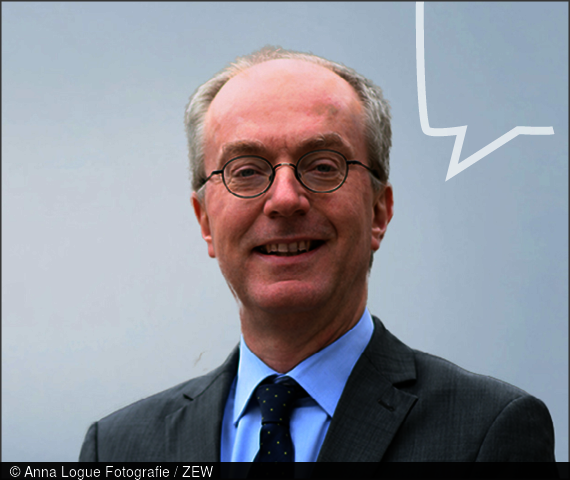European Recovery Fund Too Vague, Too Late
CommentZEW Economist Friedrich Heinemann on the Most Recent EU Summit Outcomes
For the latest EU summit video conference on tackling the consequences of the coronavirus pandemic, European leaders agreed on a 500 billion euro rescue package and a European Recovery Fund. Professor Friedrich Heinemann, head of the Research Department “Corporate Taxation and Public Finance” at ZEW Mannheim, comments on this matter.
“The European Recovery Fund, approved yesterday with an initial outline, will hardly be able to alleviate the severe coronavirus recession right now. Given its current implementation phase in the EU financial framework for 2021 to 2027, it will end up taking far too long to take effect. It is quite possible that significant volumes won’t be coming in until 2022 or even later, when Europe would already be recovering anyway. Its financing and use of funds also remain too vague.
It is doubtful, too, whether the EU is in a better position to manage reconstruction in the Member States than the states themselves; immediate EU-funded cheques would presumably be the quickest and easiest way to help financially weak Member States fight the recession. The crisis is now used as an argument to establish new EU funds on a permanent basis, but these may end up hardly creating any European added value. The only good thing out of this situation is that a preliminary decision was made against corona bonds, which would have created completely false incentives.”
